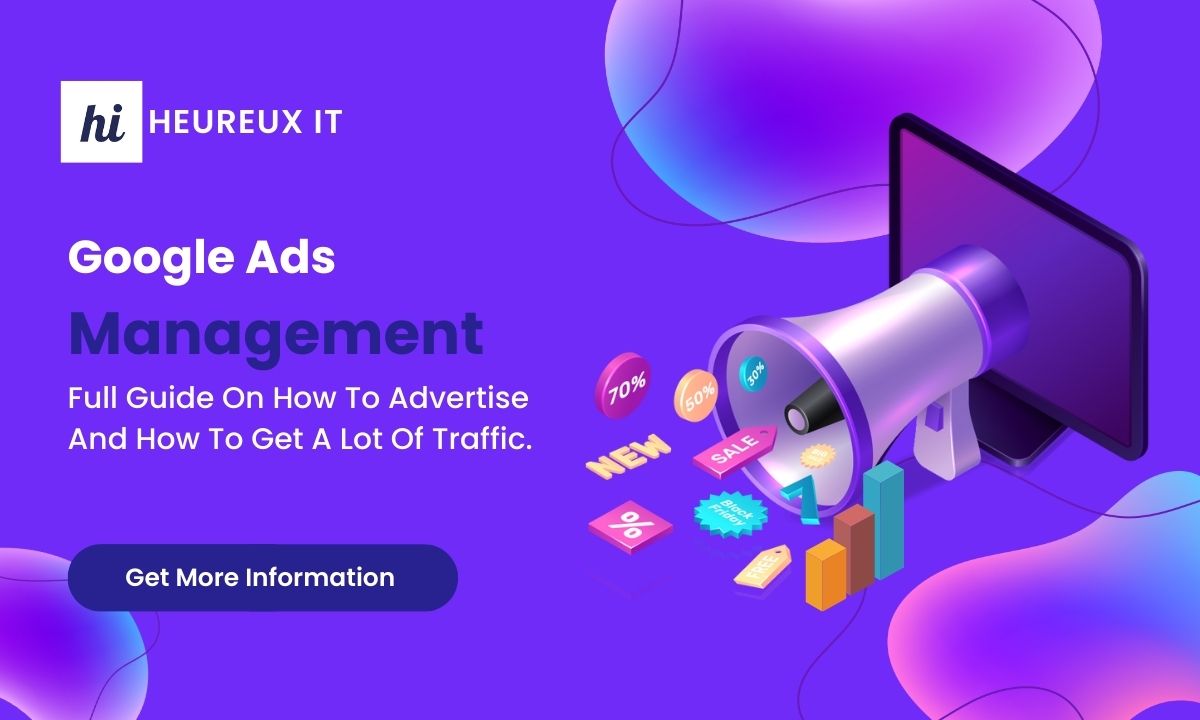Understanding how search engines, especially Google’s algorithm, work is crucial for increasing your blog’s visibility. Google dominates the search engine market, accounting for over 96% of all mobile search traffic as of January 2023. Here’s a concise guide to understanding Google’s algorithm and optimizing your travel blog for better search visibility.
What Are Google’s Algorithms?
Google’s search algorithm is a sophisticated system designed to sift through vast amounts of information and return the most relevant results. It considers factors like search query relevance, page readability, backlinks, internal links, page speed, source authority, and user engagement. It continuously updates this algorithm to improve accuracy and relevance, making it essential for bloggers to stay informed about these changes.
Google’s Algorithm Biggest Updates
Over the years, Google has introduced several major updates to its algorithm:
– Caffeine (2009-2010): Improved indexing speed and accuracy.
– Panda (2011): Filtered out low-quality content.
– Penguin (2012): Targeted spammy links.
– Hummingbird (2013): Shifted focus from exact keywords to topics.
– Pigeon (2014): Enhanced local search results.
– Mobile Update and RankBrain (2015): Favored mobile-friendly sites and introduced machine learning.
– Fred (2017): Identified low-quality content.
– Medic (2018): Focused on health-related content.
– BERT (2019): Improved understanding of search query context.
Staying updated on these changes helps bloggers adjust their strategies and maintain or improve their search rankings in light of Google’s algorithm updates.
What Is EEAT?
EEAT stands for Experience, Expertise, Authoritativeness, and Trustworthiness. These are key criteria Google uses to evaluate content quality:
– Experience: Content with the author’s first-hand experience is highly valued.
– Expertise: Authors should have relevant knowledge or qualifications.
– Authoritativeness: Pages should be credible and recognized within their niche.
– Trustworthiness: Information should be accurate and well-sourced.
Ensuring your content meets these criteria can significantly boost your blog’s ranking in Google’s algorithm.
What is PageRank?
PageRank, created by Google founders Larry Page and Sergey Brin, assesses the quality and quantity of links to a page to determine its importance. Higher-quality links can enhance your page’s rank. Factors influencing PageRank include anchor text, internal links, no-follow links, and click likelihood. Tools like Google Search Console, SEMrush, and Moz can help you monitor and improve your PageRank according to Google’s algorithm.
Optimize Your Travel Blog for Increased Search Visibility
To enhance your travel blog’s visibility in Google’s algorithm, focus on the following strategies:
– Gain Backlinks: Acquire backlinks from reputable sources within your niche. Tools like Ahrefs can help identify link opportunities.
– Update Content: Regularly refresh your content to maintain relevance. Analyze the SERP to understand the importance of content freshness for your keywords.
– Add Relevant Keywords: Use your target keywords strategically throughout your content without overstuffing. Ensure your page addresses search intent and provides detailed, accurate information.
– Improve User Experience: Enhance site speed, navigation, mobile-friendliness, and design. A user-friendly site keeps visitors engaged and improves search rankings.
– Grow Authority: Build topical expertise by creating comprehensive content clusters. Backlinks from authoritative sources also boost your niche authority.
How Increased Search Visibility Can Affect Your Affiliate Earnings
Improving your blog’s search visibility can significantly boost your affiliate earnings. More organic traffic increases the likelihood of clicks and conversions. Additionally, a well-optimized site enhances user experience, encouraging visitors to stay longer and return, further improving your traffic and earnings.
Conclusion
Understanding and adapting to Google’s algorithm is essential for enhancing your blog’s visibility. Focus on creating high-quality, valuable content, acquiring reputable backlinks, and improving user experience. Regular optimization aligned with Google’s algorithm updates will help maintain your ranking and drive more traffic to your blog, ultimately boosting your affiliate earnings. Partnering with reliable platforms like Travelpayouts can also enhance your SEO efforts and affiliate success.







